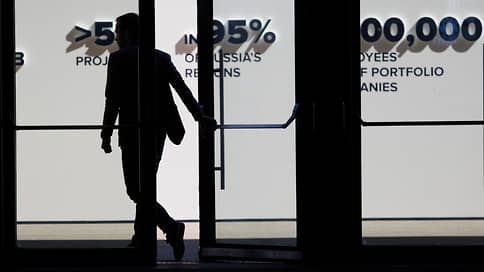Konrad Adenauer only had a wafer -thin majority

For half a year, Europe has been waiting for Germany to have a new government and finally take on a leadership role in the EU. But the start of Friedrich Merz And black and red goes wrong. The CDUIn the first round, the leader missed the majority he needs to become chancellor. The second attempt then succeeds, but such a process has not yet existed in the history of the Federal Republic. The reactions are accordingly. Also abroad.
When was it really scarce?
At the very beginning. Konrad Adenauer (CDU) competed on September 15, 1949 to become the first Chancellor of the newly founded Federal Republic of Germany. The first Bundestag Has 402 members. Adenauer receives 202 votes in favor, there are 142 no votes, 44 abstentions and an invalid voice. Adenauer is chosen, even if it is only one vote above the required majority. It is his own, as he later wrote in his memoirs: « Later I was asked if I had chosen myself. I replied: Of course, something else would have happened to me as hypocrisy. » In addition, like the Konrad -Adenauer Foundation (KAS) is documented on its homepage that three of the votes cast for Adenauer would have been formally invalid: on the ballot papers – this was how the Council of Elders at the time had determined – « yes », « no » or if there was nothing if they were abstained. In the ballot box there are also three notes on which « Adenauer » stood. She waves through the plenum. What Merz Could encourage: Adenauer, who was even four years older at the age of 73 at the age of 73, was re -elected three times afterwards. It was just as short as the first time it was only once in the following years. And when Helmut Kohl was re -elected in 1994. The unit chancellor, who had already exceeded his zenith at the time, only came just over the majority he needed.
There were always deviators in the history of the Chancellor elections. Kurt-Georg Kiesinger (CDU), for example, received the first voices from his own camp, which the first grand coalition from Union and SPD cited. At that time, only three parties were elected to the Bundestag (Union, SPD and FDP). Kiesinger was chosen with 340 votes, but received 109 votes against, which could not only come from the FDP, since the only 50 seats in the Bundestag had.
Were there voices from the opposition in a chancellor’s election?
Yes. When Gerhard Schröder (SPD) stood for election in the plenum after the election victory of red-green on October 27, 1998, he received 351 votes in favor, which was seven more than his own coalition counted.
How did abroad react to the first Merz slap?
The bankruptcy in the first ballot also attracted great attention abroad: the Guardian Great Britain wrote about a « humiliation ». The New York Times reported: « It was an unexpected and sobering setback for Merz, while Germany is increasingly under pressure – economical, security and foreign policy. » Cnn reported an « embarrassing coordination », the result of which the country « falls again into political chaos ». The Danish Svenska Dagbladet Found: « The shock sits deeply. Instead of celebrating his triumph, Friedrich Merz stumbles in the vote in which he should be elected Chancellor on Tuesday. That has never been done – and it shows how controversial Merz is. » In the most important neighboring country of France, the Libération: « So at the moment it is a false start for the winner of the parliamentary elections in February, which is expected in Europe with hope. » And the transmitter RF1 is of the opinion: « So it is a huge surprise and a huge disappointment for Friedrich Merz. »
And what does the economy say that a lot of Merz hopes for?
Employer president Rainer Dulger appealed to the members of the Bundestag to meet their responsibility. « Germany and Europe quickly need a federal government capable of acting. Our country needs leadership so that we can consist of a more tense world situation in a geopolitical and economically increasingly tense situation. Friedrich Merz stands for that. » Tanja Gönner, the general manager of the Federal Association of German Industry (BDI), also warned that after months of standstill, there was no time to lose. « Germany urgently needs a government -capable government that decided to tackle the big tasks for our country and our economy. » The President of the German Chamber of Commerce and Industry (DIHK), Peter Adrian emphasized that the economy could not afford a long hanging area. In the failed first attempt by Merz, he sees « a devastating signal » for the German economy. (with dpa)








